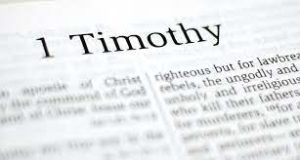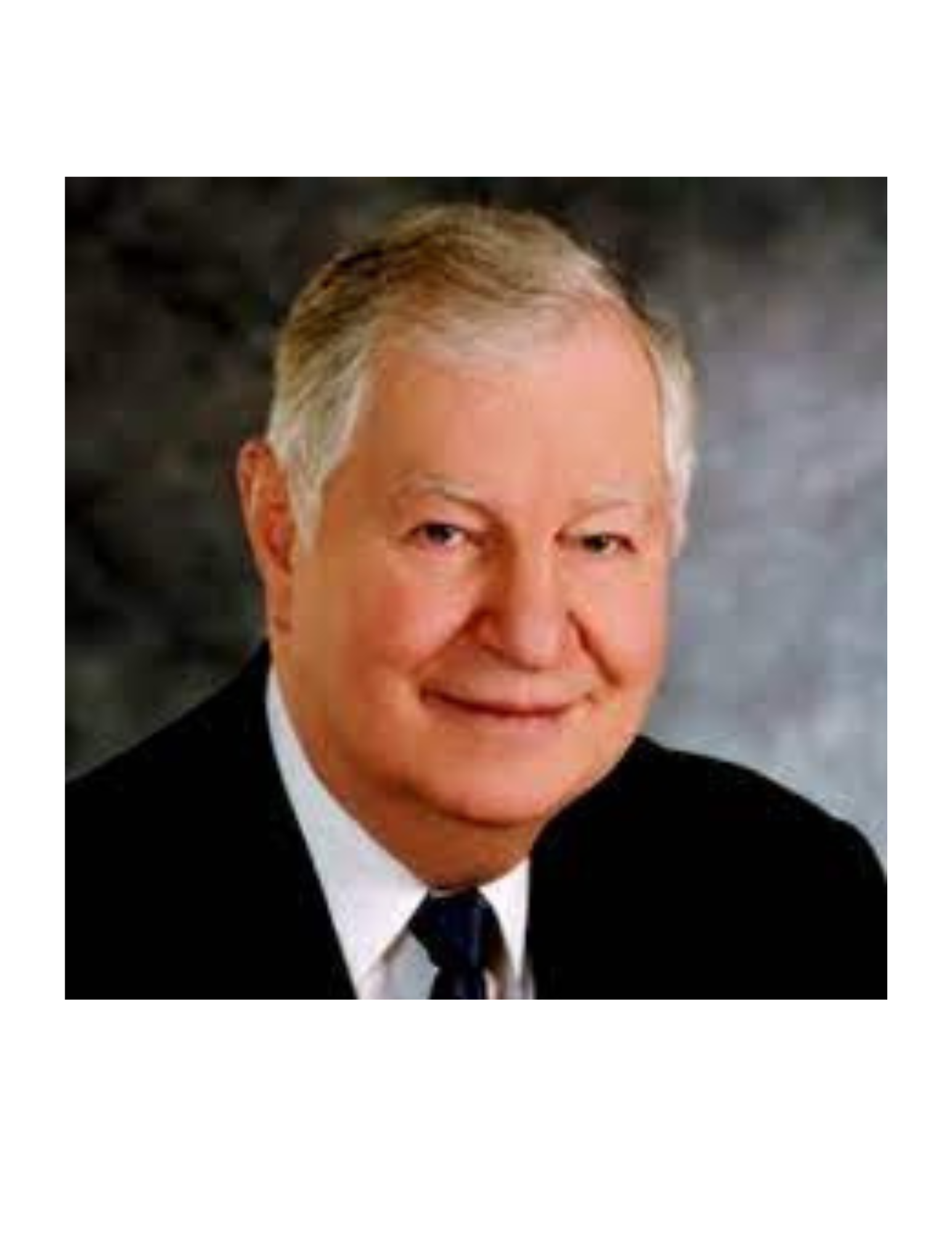Goodwill in Leadership– Part Two of the Godly Leadership Series
Goodwill in Leadership– Part Two of the Godly Leadership Series
Goodwill
This is part two of a series of five on the characteristics of Godly leaders. Part one, Humility, can be found here.
A Tale of Two Bosses
Today, I am a veterinary technician (aka an animal nurse). But my first career was in finance. Over the course of fifteen years, I was a teller, Customer Service Representative, Loan Officer, and at my last position, a Branch Manager. I had many bosses in that time, but my favorite was Susan, the Lead Teller at my first job. Susan was incredible. She was the type of person that made you feel like you were capable of anything. She listened if we voiced concerns over a new policy or if we were confused about a new product. She knew all the answers, but never made us feel ignorant for asking questions. Susan was genuinely interested in our lives outside of work, and always made it a point to remember our family events like birthdays and anniversaries. She celebrated us as a team and never took credit for our achievements, even though many times it was her sales that made the difference in us winning or losing. In my head, every leader I meet gets compared to Susan.
Meanwhile, my husband, who is a senior pastor now, worked in logistics at two national warehouses during his first career. He, too, had several bosses during that time, but their leadership style couldn’t have been more different than Susan’s. One in particular was an emotionally volatile man who would rage and scream at the employees, even going so far as to punch the wall beside your head if you were lucky enough to be standing near one. His name was Don. He was demeaning, often referring to his employees as “stupid…” or worse. He worked everyone so hard they didn’t have time to have a life outside of the warehouse, and Don wasn’t interested in it if they did. When they won an award for bringing their department up from last place in the nationwide company to third in the company, Don screamed at them for being the “least best in the top three.” In my husband’s head, every leader he meets gets compared to Don.
The difference between the two leaders? Goodwill.
Goodwill- The Intangible Asset
When we think of “goodwill,” we probably think of the discount thrift store that bears the name, and we wouldn’t necessarily be too far off in that thinking. Goodwill stores were built on the idea that people need a hand up, not a hand-out, and on providing training for those who need tangible workplace skills. When we think of a leader who has goodwill, we are looking at someone who encourages and equips others for the task at hand. The ideas are not dissimilar.
The Replant Bootcamp fellas discussed this idea of “goodwill” in a recent podcast. Jimbo defined goodwill in business as “an intangible, salable asset arising from the reputation of a business and its relations with its customers, distinct from the value of its stock and other tangible assets.” When we bring this definition into our role as Replant pastors and leaders, we have to look at our own measurement of “goodwill.” Simply put, it’s an intangible asset based on our reputation among our people and our relationships with others.
Goodwill and Godly Leadership
The Bible is clear on the qualifications of a pastor (Titus 1 and 1 Timothy 3). While the word “goodwill” isn’t mentioned specifically, the idea is there. When we look at what it means to be a Godly leader, we have to look at our level of goodwill among our congregations and our community.
Every pastor is tasked with preaching the Word of God and with shepherding His people. They are all called to exegete scripture and to instruct and guide their people toward a growing relationship with Christ. But while some are gifted in that area, they lack the intangible asset of not being a genuinely nice person. In fact, some of them even come across as jerks.
I’m sure you’ve been around someone like that. He is a gifted and talented communicator, but man… He’s hard to be around. He pokes fun at others. He is rude to the waitstaff when you go to lunch with him. He’s emotionally unstable, and you’re never sure if he’s going to blow up over something. He’s arrogant about success and takes no accountability for failures.
Maybe you have a guy in mind right now.
Maybe someone has you in mind right now.
So how do we evaluate this “intangible” asset in ourselves and find out if we might be lacking in this characteristic of a Godly leader?
What’s Your Score?
There are five basic characteristics we can use to measure goodwill. Let’s break down each of them and see where we stand.
-
- A generous spirit. Like Susan in the example above, leaders who have high levels of goodwill will be generous with praise and encouragement. They aren’t hoarding their knowledge to make others feel ignorant, they share it freely. They are always looking for ways to help other people experience “wins,” instead of wishing it was them. The people who serve with them genuinely enjoy their presence. If the audience loves you but the people who serve with you day to day are miserable around you, your lack of goodwill is showing.
- A high level of Emotional Quotient (EQ). Unlike IQ, which measures your logic and skills, EQ measures your ability to “read the room.” Do you dominate conversations? Are you quick to speak and slow to hear? Are you constantly sharing your own stories instead of hearing someone else’s? Do you give advice before someone asks for it? Are you the first person to speak in meetings or the last? When the people around you are exhausted by being around you, you’ve misread the room.
- Self-Regulation of your Emotions. I will put this as simply as I can. A pastor cannot be the guy who “blows up” all the time. Are there times you will be angry? Of course. But you can’t be so emotionally volatile that you ruin your goodwill among your congregation. Your family also suffers when you can’t regulate your emotions. If your spouse is scared to talk to you about difficult subjects, or your kids don’t trust you, you’ve lost your goodwill among them. I will also caution that this one, specifically, can ruin your goodwill in the community. I once had a pastor come into my job and yell at me, cursing and berating me the whole time. I will never forget that pastor. Every person in that office won’t, either. And none of my fellow employees will ever attend his church. His measure of “goodwill” in the community is ruined. Don’t be that guy.
- Providing specific encouragement to others. This is not simply walking around and saying, “Great job, guys!” to everyone who serves with you. Be specific in your praise. A leader with high levels of goodwill won’t give general praise– they actively look for specific reasons to praise the work of God in other people. General praise tends to feel inauthentic after a while. Specific, targeted praise makes other people feel “seen,” and that’s a quality of a Godly leader.
- Being quick to forgive. Ever known someone who blacklisted others after they hurt him? That guy is awful to be around. He’s held a grudge for so long, everyone else has forgotten what even happened. But a Godly leader knows how much he’s been forgiven by God, so he doesn’t withhold forgiveness from others. Will people let you down and hurt your feelings? Absolutely. But forgiving others depends more on you than on them.
If you’ve read over the last five characteristics of someone with high levels of goodwill and you’ve recognized some areas where you need improvement, take time today to ask God to guide you. If you read over this list and feel confident that you have all of those qualities, ask someone close to you, your spouse or a close friend, to read over it and to honestly let you know where you can improve– after all, that’s what a Godly leader with high goodwill would do.

















